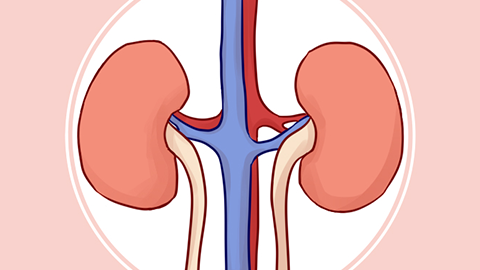What is polycystic kidney disease?
Polycystic kidney disease is a hereditary kidney disorder characterized by the development of multiple cysts of varying sizes in the kidneys due to genetic abnormalities, which can gradually damage the kidney's structure and function. If any abnormalities are detected, timely medical consultation is recommended. Detailed analysis is as follows:

There are two types of polycystic kidney disease: autosomal dominant and autosomal recessive. The adult-onset type is most commonly autosomal dominant. In the early stages, when the cysts are small and few in number, patients may experience no obvious symptoms and their kidney function may remain unaffected; kidney cysts may only be discovered during a physical examination. At this stage, the condition is relatively stable, and regular kidney ultrasounds and kidney function tests are necessary to monitor changes in the cysts. Patients should also avoid strenuous physical activity to prevent cyst rupture.
As the condition progresses, the cysts within the kidneys gradually enlarge and increase in number, damaging kidney tissue and leading to declining kidney function. Patients may experience symptoms such as back pain, hematuria (blood in the urine), and hypertension. When kidney function is severely impaired, kidney failure (uremia) may develop, requiring dialysis or kidney transplantation to sustain life. Additionally, polycystic kidney disease may be accompanied by complications such as liver cysts and intracranial aneurysms, increasing treatment complexity and health risks. In such cases, prompt medical attention is necessary, and measures such as blood pressure control, symptomatic treatment, or surgical intervention should be taken based on the patient's condition.
After a diagnosis of polycystic kidney disease, patients should maintain a low-salt diet, avoid nephrotoxic medications, and regularly undergo follow-up tests including kidney function assessments and kidney ultrasounds. If symptoms such as worsening back pain, hematuria, or persistently elevated blood pressure occur, immediate medical attention at a hospital is advised.










